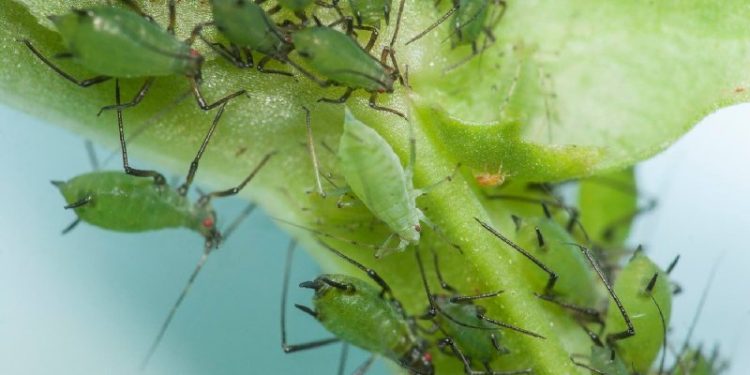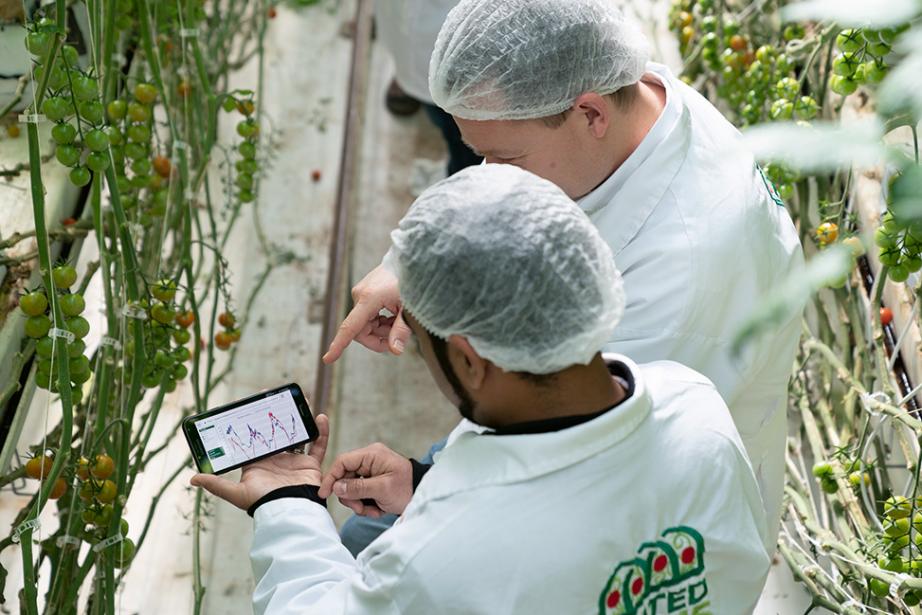In this article, we explore the cutting-edge research and advancements in the field of aphid control in greenhouse horticulture. Drawing upon the latest data and insights, we delve into a new research initiative aimed at revolutionizing the way we combat aphid infestations in greenhouse crops. Join us as we uncover the potential of this innovative approach and its implications for farmers, agronomists, and scientists in the agricultural community.
Aphid infestations pose a persistent challenge in greenhouse horticulture, often leading to significant crop damage and economic losses. However, a new research initiative is set to change the game, focusing on revolutionizing the methods used for aphid control in greenhouse crops. According to the latest data from Nieuwe Oogst, this groundbreaking research is poised to unlock innovative solutions that promise enhanced effectiveness and sustainability in combating aphids.
The research project, undertaken by a collaborative team of scientists, agronomists, and greenhouse experts, aims to explore alternative approaches to traditional aphid control methods. The study delves into the implementation of integrated pest management (IPM) strategies that combine biological control agents, such as beneficial insects, with novel cultural practices and targeted chemical applications. By harnessing the power of nature and scientific innovation, this research initiative seeks to develop a holistic and sustainable approach to aphid management in greenhouse horticulture.
Preliminary data from the ongoing research project reveals promising results. By implementing a combination of beneficial insects, such as ladybugs and parasitic wasps, alongside cultural practices like optimized crop rotation and precise monitoring techniques, greenhouse operators have witnessed a significant reduction in aphid populations. Additionally, the targeted application of environmentally friendly insecticides has proven effective in suppressing aphid outbreaks without harming beneficial insects or compromising crop quality.
The implications of this research are significant for greenhouse horticulture. By adopting an integrated approach that leverages biological control agents, cultural practices, and precise chemical interventions, growers can reduce their reliance on traditional, chemical-intensive aphid control methods. This not only promotes a more sustainable and environmentally friendly approach to pest management but also enhances overall crop health, productivity, and profitability.
In conclusion, the new research initiative focused on aphid control in greenhouse horticulture holds immense promise for farmers, agronomists, and scientists alike. By integrating biological control agents, cultural practices, and targeted chemical applications, greenhouse operators can effectively combat aphid infestations while minimizing environmental impact. This innovative approach has the potential to revolutionize aphid management strategies, leading to healthier, more resilient greenhouse crops and a more sustainable future for the agricultural industry.
Tags: Agriculture, Greenhouse Horticulture, Aphid Control, Integrated Pest Management (IPM), Biological Control Agents, Sustainable Agriculture, Crop Health, Environmental Sustainability










